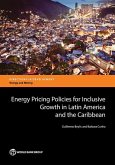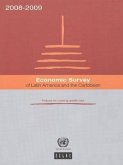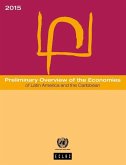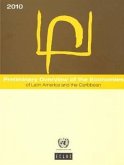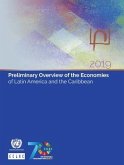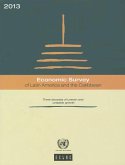This report highlights structural differences in public spending policies between emerging markets and industrialized nations. Emerging markets commit to long-term (rigid) spending based on short-term (cyclical) economic conditions, causing challenges in addressing fiscal imbalances and prompting changes in public spending composition.
Hinweis: Dieser Artikel kann nur an eine deutsche Lieferadresse ausgeliefert werden.
Hinweis: Dieser Artikel kann nur an eine deutsche Lieferadresse ausgeliefert werden.

